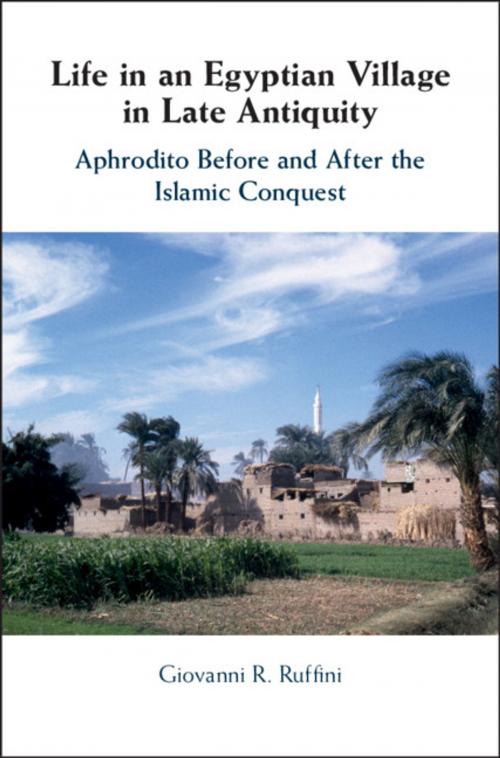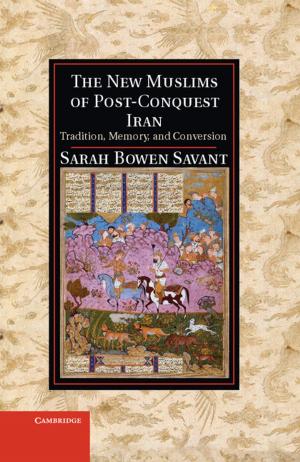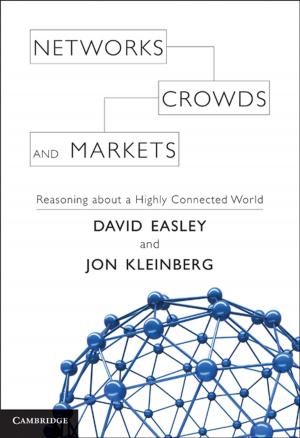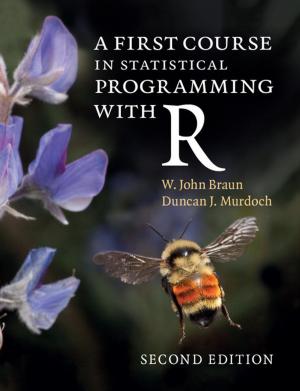Life in an Egyptian Village in Late Antiquity
Aphrodito Before and After the Islamic Conquest
Nonfiction, History, Ancient History, Social & Cultural Studies, Social Science| Author: | Giovanni R. Ruffini | ISBN: | 9781108653664 |
| Publisher: | Cambridge University Press | Publication: | September 30, 2018 |
| Imprint: | Cambridge University Press | Language: | English |
| Author: | Giovanni R. Ruffini |
| ISBN: | 9781108653664 |
| Publisher: | Cambridge University Press |
| Publication: | September 30, 2018 |
| Imprint: | Cambridge University Press |
| Language: | English |
Most ancient history focuses on the urban elite. Papyrology explores the daily lives of the more typical men and women in antiquity. Aphrodito, a village in sixth-century AD Egypt, is antiquity's best source for micro-level social history. The archive of Dioskoros of Aphrodito introduces thousands of people living the normal business of their lives: loans, rent contracts, work agreements, marriage, divorce. In exceptional cases, the papyri show raw conflict: theft, plunder, murder. Throughout, Dioskoros struggles to keep his family in power in Aphrodito, and to keep Aphrodito independent from the local tax collectors. The emerging picture is a different vision of Roman late antiquity than what we see from the view of the urban elites. It is a world of free peasants building networks of trust largely beyond the reach of the state. Aphrodito's eighth-century AD papyri show that this world dies in the early years of Islamic rule.
Most ancient history focuses on the urban elite. Papyrology explores the daily lives of the more typical men and women in antiquity. Aphrodito, a village in sixth-century AD Egypt, is antiquity's best source for micro-level social history. The archive of Dioskoros of Aphrodito introduces thousands of people living the normal business of their lives: loans, rent contracts, work agreements, marriage, divorce. In exceptional cases, the papyri show raw conflict: theft, plunder, murder. Throughout, Dioskoros struggles to keep his family in power in Aphrodito, and to keep Aphrodito independent from the local tax collectors. The emerging picture is a different vision of Roman late antiquity than what we see from the view of the urban elites. It is a world of free peasants building networks of trust largely beyond the reach of the state. Aphrodito's eighth-century AD papyri show that this world dies in the early years of Islamic rule.















